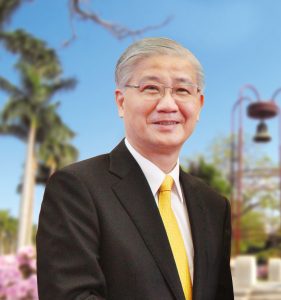 A leading physicist in India has lost four more papers for duplication, after colleagues lodged a complaint against him.
A leading physicist in India has lost four more papers for duplication, after colleagues lodged a complaint against him.
According to the most recent retraction notices, issued by Applied Surface Science, the four papers duplicated several figures and portions of text from the authors’ previous works. Although the notices do not single out a responsible party, last year the Mumbai Mirror reported that first and corresponding Naba K. Sahoo had been accused of duplication by colleagues at the Bhabha Atomic Research Centre (BARC), part of Indian government’s Department of Atomic Energy.
(In a bizarre twist, Sahoo also made the news recently for getting into a fist fight with another BARC scientist.)
Sahoo received two retractions last year for duplication, sometimes inelegantly referred to as “self-plagiarism.” All six of his retractions affect papers published by Applied Surface Science between 2005 and 2007.
The first retraction notice explains that a 2006 paper lifted portions of text from an earlier paper by Sahoo: Continue reading Prominent physicist loses four more papers for duplication
 PLOS ONE has retracted the last of five papers by a former employee of Pfizer, who the company
PLOS ONE has retracted the last of five papers by a former employee of Pfizer, who the company 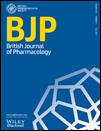 A pharmacology journal has
A pharmacology journal has 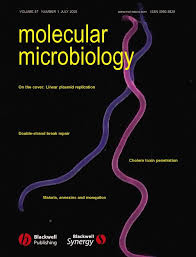 A researcher who resigned from the University of Dundee in Scotland after it
A researcher who resigned from the University of Dundee in Scotland after it 
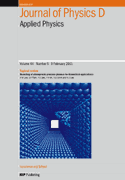
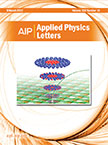
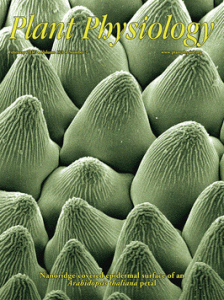 Researchers in China have retracted a paper and corrected three others in a plant journal, citing problems with multiple figures.
Researchers in China have retracted a paper and corrected three others in a plant journal, citing problems with multiple figures.